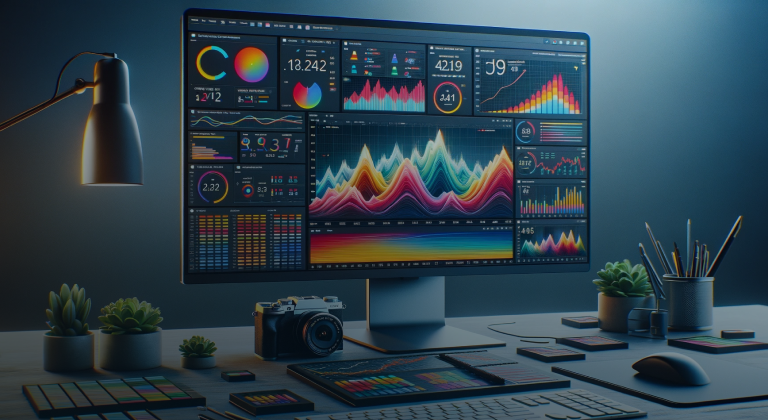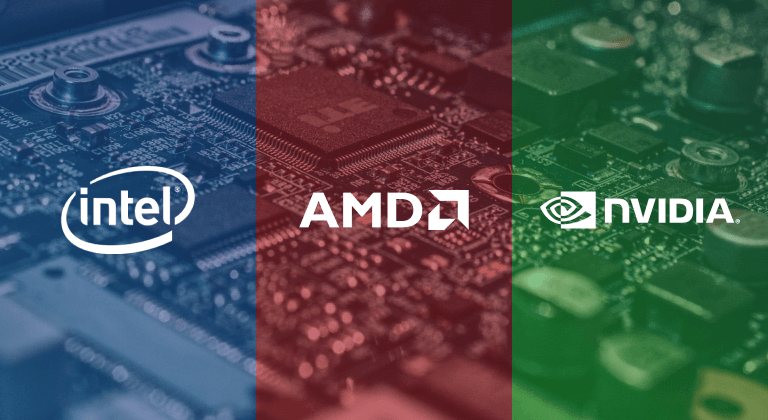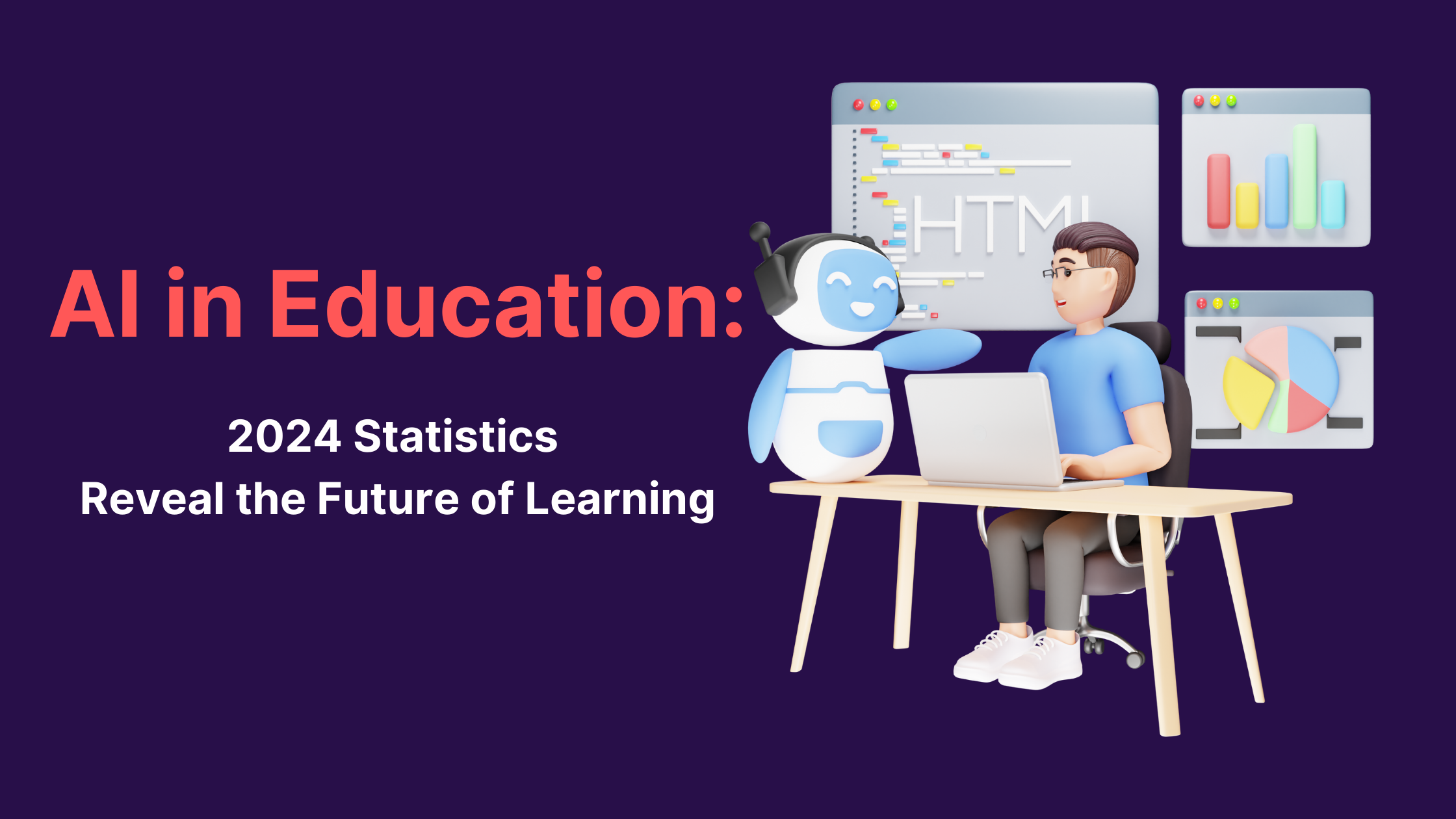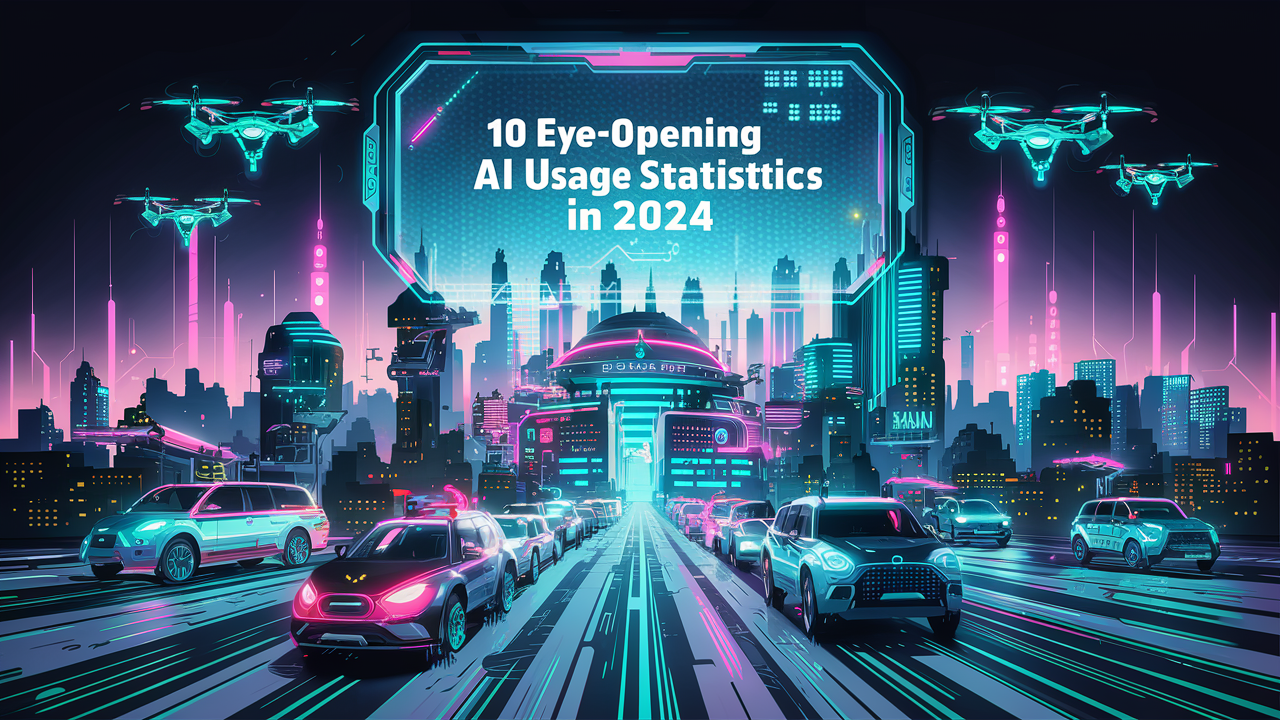The rise of artificial intelligence brings a major shift in different industries—from healthcare to finance. Its global market is even expected to reach $1,811.8 billion by 2030.
AI has also entered the creative domain by developing AI art generators. With such tools, users worldwide can create stunning artwork that can be sold on online platforms.
However, the legitimacy of selling AI-generated artwork is complex and controversial. The legal framework of most jurisdictions is still adapting to modern technologies.
Continue reading to find out whether it is legal to sell AI-generated art in 2024.
Are AI-Generated Artworks Marketable?
Yes. You can make money off AI-generated artwork. One of the most famous examples of AI art to have been sold is "Portrait of Edmond de Belamy," created by the French art collective Obvious.
The painting was generated using a machine learning algorithm, which was trained on a dataset of historical artworks. It was printed and sold at an auction for $432,500. The groundbreaking sale sparked a global conversation about the value and legitimacy of AI art.
With the help of a good AI art generator, you can produce artwork worthy of selling. However, there are several legal considerations that artists and buyers need to be aware of.
One of the major problems is copyright infringement. Algorithms are trained on existing artworks, and there is a risk that the generated art may resemble or even replicate copyrighted works. Artists must ensure their AI creations do not infringe upon others' copyrights.
Additionally, intellectual property rights are crucial in selling AI art. Artists need to understand who owns the rights to the algorithms used in creation. If a third party develops the AI algorithm, the artist may need to obtain appropriate licenses or permissions to sell their AI-generated artwork.
Read more to understand the legal landscape of AI art.
Copyright Issues in AI Art
AI art copyright is complex. It heated debates around ownership. Questions like these usually pop up:
- Who owns the copyright of an AI-generated artwork?
- Does the person who entered the prompt own the copyright?
- Can the person who trained the model claim ownership?
- Can the AI itself hold its copyright?
Copyright law generally recognizes the human author as the sole creator of the artwork. In most cases, the artist who trained the AI algorithm and made creative decisions is considered the author of the AI-generated art.
However, other legal systems do not even recognize AI art as eligible for copyright protection since it does not possess human creativity.
While reviewing the case of the author Kris Kashtanova in 2024, the US Copyright Office decided it would not grant copyright for the images in Kashtanova’s comic book. They stated that copyright will only protect works authored by humans.
A.I. assisted comic book (issue #1) I made, the copyright in the U.S. is still in force and we're waiting for the Copyright Office to make a decision if I can keep it, if it was a substantial human input. I'll keep you updated when I hear from them. More pages in the thread. pic.twitter.com/7oAuEFl9ME
— Kris Kashtanova (@icreatelife) January 22, 2024
NFTs for AI Art
NFTs served as a potential solution to some AI artists' challenges. By turning their AI-generated artworks into tokens as NFTs, artists can establish limitedness and ownership rights in the digital realm.
The use of NFTs enabled artists to sell their AI art directly to collectors and enthusiasts, bypassing traditional intermediaries. However, NFTs in the art world are still new and evolving, and their long-term impact on the market has yet to be fully understood.
| 📖NFT Definition Non-fungible Tokens (NFTs) are unique digital assets bought and sold using blockchain technology. These tokens offer proof of ownership and authenticity for digital artworks, including AI art. |
Conclusion
The legality of AI art remains a controversial topic. As AI art continues to gain popularity, artists and buyers navigate the legal considerations of this emerging art form.
There are challenges when it comes to selling AI-generated artwork. However, digital art enthusiasts are already selling and buying numerous AI artworks. So, if you’re wondering if you can sell AI art, the answer is yes. Legally? That matter is still a grey area.





